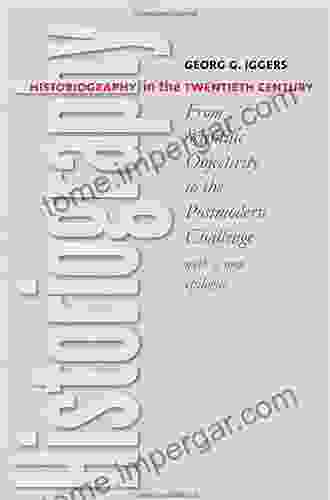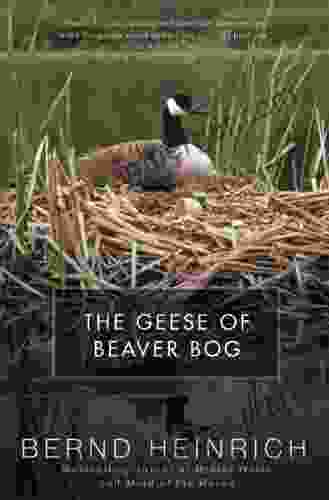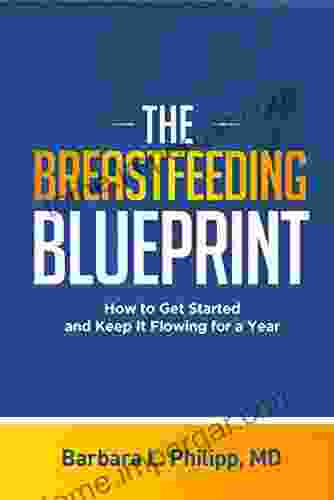Unveiling the Tapestry of Historiography: A Journey Through the 20th Century

Historiography, the study of historical writing, is a captivating pursuit that unveils the methods and perspectives through which we understand and interpret the past. The 20th century witnessed a remarkable transformation in the practice of historiography, as scholars challenged traditional approaches and pushed the boundaries of historical inquiry. This article delves into the intricate tapestry of historiography in the 20th century, exploring its key figures, influential schools of thought, and the profound impact it had on our understanding of history.
The early 20th century marked a pivotal shift in historiography, with the emergence of professional historians dedicated to rigorous research and academic standards. The establishment of university history departments and the advent of specialized historical journals fostered a scholarly environment where historians could engage in critical analysis and advance their field.
Notable figures such as Leopold von Ranke in Germany and Charles-Victor Langlois in France emphasized the importance of objective and scientific methods in historical writing. They advocated for the meticulous examination of primary sources, the rigorous analysis of evidence, and the impartial presentation of historical events.
4.3 out of 5
| Language | : | English |
| File size | : | 15118 KB |
| Text-to-Speech | : | Enabled |
| Screen Reader | : | Supported |
| Enhanced typesetting | : | Enabled |
| Word Wise | : | Enabled |
| Print length | : | 296 pages |
During the 20th century, various influential schools of thought emerged, each offering unique perspectives on the nature of history and the role of historians. These schools sparked lively debates and broadened the horizons of historical inquiry.
Scientific History: Inspired by the successes of the natural sciences, proponents of scientific history sought to apply objective and empirical methods to historical research. They emphasized the use of statistics, quantitative analysis, and the search for universal laws of historical development.
Marxist History: Drawing upon the ideas of Karl Marx, Marxist historians viewed history as a class struggle between the oppressors and the oppressed. They argued that economic forces played a decisive role in shaping historical events and that historical change was driven by class conflict.
Annales School: Founded by Lucien Febvre and Marc Bloch in France, the Annales School emphasized the importance of studying the longue durée (long-term history) and the role of social, economic, and cultural factors in historical processes. They sought to bridge the gap between history and other social sciences, introducing new methodologies and perspectives.
Postmodernism: In the late 20th century, postmodernism challenged traditional notions of historical objectivity and truth. Postmodernist historians argued that all historical writing is inherently subjective and influenced by the historian's own perspective and biases. They questioned the possibility of definitive historical accounts and emphasized the multiplicity and fluidity of historical narratives.
The 20th century was graced with an array of brilliant historians whose groundbreaking work left an indelible mark on the field. These individuals provided new insights into the past, challenged prevailing assumptions, and revolutionized our understanding of historical processes.
Marc Bloch: A French historian and co-founder of the Annales School, Bloch emphasized the importance of interdisciplinary approaches and the study of social and cultural factors in historical research. His groundbreaking work, "Feudal Society," remains a seminal text in medieval history.
Fernand Braudel: Another prominent figure from the Annales School, Braudel pioneered the use of the longue durée in historical analysis. His magnum opus, "The Mediterranean and the Mediterranean World in the Age of Philip II," revolutionized the study of early modern history.
E.H. Carr: A British historian known for his critique of scientific history, Carr argued for a more subjective and reflective approach to historical writing. His book, "What is History?," challenged traditional assumptions about historical objectivity and the role of the historian.
Natalie Zemon Davis: An American historian specializing in early modern Europe, Davis broke new ground in the study of social and cultural history. Her work focused on the lives of ordinary people and their experiences in the past.
The transformation of historiography in the 20th century had a profound impact on the way we understand and interpret the past. The emphasis on professional standards and rigorous research methods led to a more accurate and nuanced understanding of historical events.
The emergence of new schools of thought, such as Marxist history and the Annales School, expanded the scope of historical inquiry and challenged traditional narratives. Historians began to explore social, economic, and cultural factors that had previously been overlooked.
Postmodernism further challenged the notion of historical objectivity, leading to a more reflective and self-aware approach to historical writing. Historians recognized the subjective nature of historical knowledge and the influence of their own perspectives and biases.
Historiography in the 20th century embarked on a transformative journey, characterized by groundbreaking methodologies, influential schools of thought, and the dedication of brilliant historians. The rise of professional historiography, the emergence of new approaches, and the challenges to traditional assumptions led to a more comprehensive and dynamic understanding of the past.
The legacy of 20th-century historiography continues to shape the study of history today, as historians engage with multiple perspectives, incorporate new research techniques, and strive to uncover the complexities of the human experience through the lens of time. By exploring the tapestry of historiography in the 20th century, we gain a deeper appreciation for the ways in which we write, interpret, and understand the past.
4.3 out of 5
| Language | : | English |
| File size | : | 15118 KB |
| Text-to-Speech | : | Enabled |
| Screen Reader | : | Supported |
| Enhanced typesetting | : | Enabled |
| Word Wise | : | Enabled |
| Print length | : | 296 pages |
Do you want to contribute by writing guest posts on this blog?
Please contact us and send us a resume of previous articles that you have written.
 Book
Book Novel
Novel Page
Page Chapter
Chapter Text
Text Story
Story Genre
Genre Reader
Reader Library
Library Paperback
Paperback E-book
E-book Magazine
Magazine Newspaper
Newspaper Paragraph
Paragraph Sentence
Sentence Bookmark
Bookmark Shelf
Shelf Glossary
Glossary Bibliography
Bibliography Foreword
Foreword Preface
Preface Synopsis
Synopsis Annotation
Annotation Footnote
Footnote Manuscript
Manuscript Scroll
Scroll Codex
Codex Tome
Tome Bestseller
Bestseller Classics
Classics Library card
Library card Narrative
Narrative Biography
Biography Autobiography
Autobiography Memoir
Memoir Reference
Reference Encyclopedia
Encyclopedia Cally Finsbury
Cally Finsbury Sheila Mccraith
Sheila Mccraith Mikel Aickin
Mikel Aickin Bernard S Bachrach
Bernard S Bachrach Ben Crawford
Ben Crawford Bharatendra K Rai
Bharatendra K Rai Jean Claude Nedelec
Jean Claude Nedelec Robert A Doughty
Robert A Doughty Basharat Peer
Basharat Peer Gary Smith
Gary Smith Benjamin East
Benjamin East Ben Greenfield
Ben Greenfield William W Sheng
William W Sheng Benson Bobrick
Benson Bobrick Bill Conway
Bill Conway Neena Rai
Neena Rai Geoffrey Douglas
Geoffrey Douglas Noeleen Mcilvenna
Noeleen Mcilvenna Barry Gray
Barry Gray Theo Horesh
Theo Horesh
Light bulbAdvertise smarter! Our strategic ad space ensures maximum exposure. Reserve your spot today!

 Chase MorrisRefrigeration and Air Conditioning Technology Available Titles CourseMate:...
Chase MorrisRefrigeration and Air Conditioning Technology Available Titles CourseMate:... William ShakespeareFollow ·9.5k
William ShakespeareFollow ·9.5k Hank MitchellFollow ·16.1k
Hank MitchellFollow ·16.1k David MitchellFollow ·8.2k
David MitchellFollow ·8.2k Jace MitchellFollow ·13.1k
Jace MitchellFollow ·13.1k Dale MitchellFollow ·15.1k
Dale MitchellFollow ·15.1k Billy FosterFollow ·9.1k
Billy FosterFollow ·9.1k Jeff FosterFollow ·10.3k
Jeff FosterFollow ·10.3k Vladimir NabokovFollow ·14.8k
Vladimir NabokovFollow ·14.8k
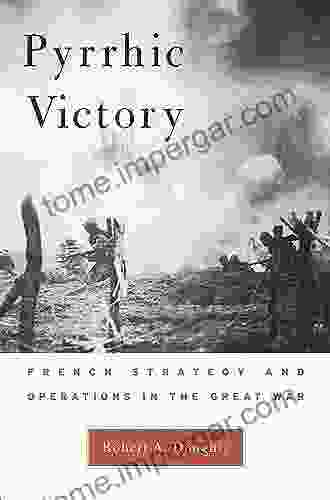
 Edison Mitchell
Edison MitchellFrench Strategy and Operations in the Great War
An In-Depth Examination of Military Genius ...

 Harvey Hughes
Harvey HughesArts In Health: Designing And Researching Interventions
Delving into the...
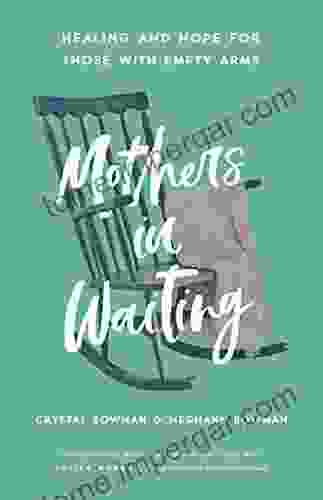
 Walt Whitman
Walt WhitmanHealing and Hope for Those with Empty Arms
A Comprehensive Guide for Grieving...
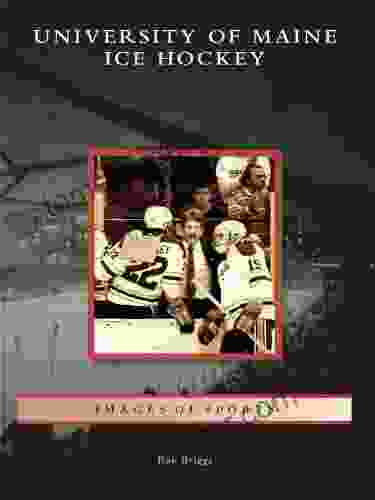
 DeShawn Powell
DeShawn PowellUniversity of Maine Ice Hockey: A Legacy of Frozen Glory
Nestled in the heart of Maine, a state...

 George Hayes
George HayesControl For Aluminum Production And Other Processing...
In today's competitive manufacturing...
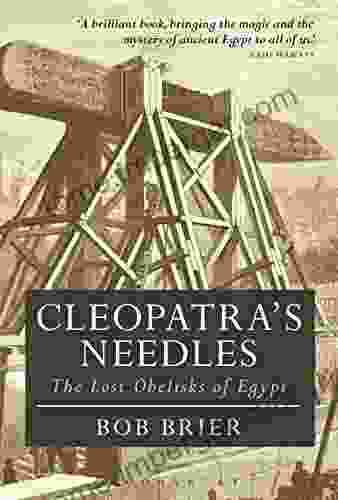
 Ben Hayes
Ben HayesThe Lost Obelisks Of Egypt: A Journey into the Depths of...
: The Enduring Allure of Egypt's Ancient...
4.3 out of 5
| Language | : | English |
| File size | : | 15118 KB |
| Text-to-Speech | : | Enabled |
| Screen Reader | : | Supported |
| Enhanced typesetting | : | Enabled |
| Word Wise | : | Enabled |
| Print length | : | 296 pages |


